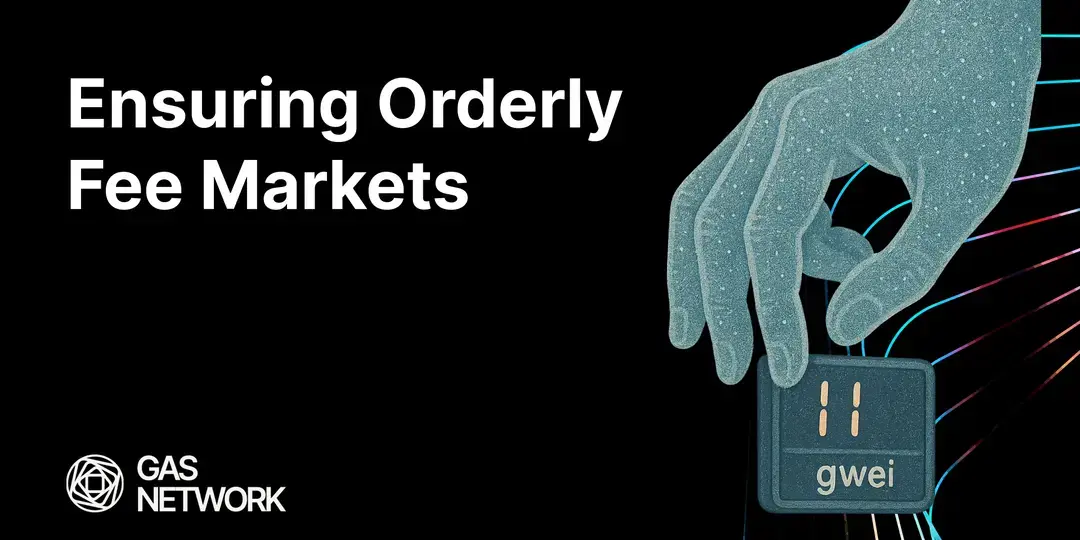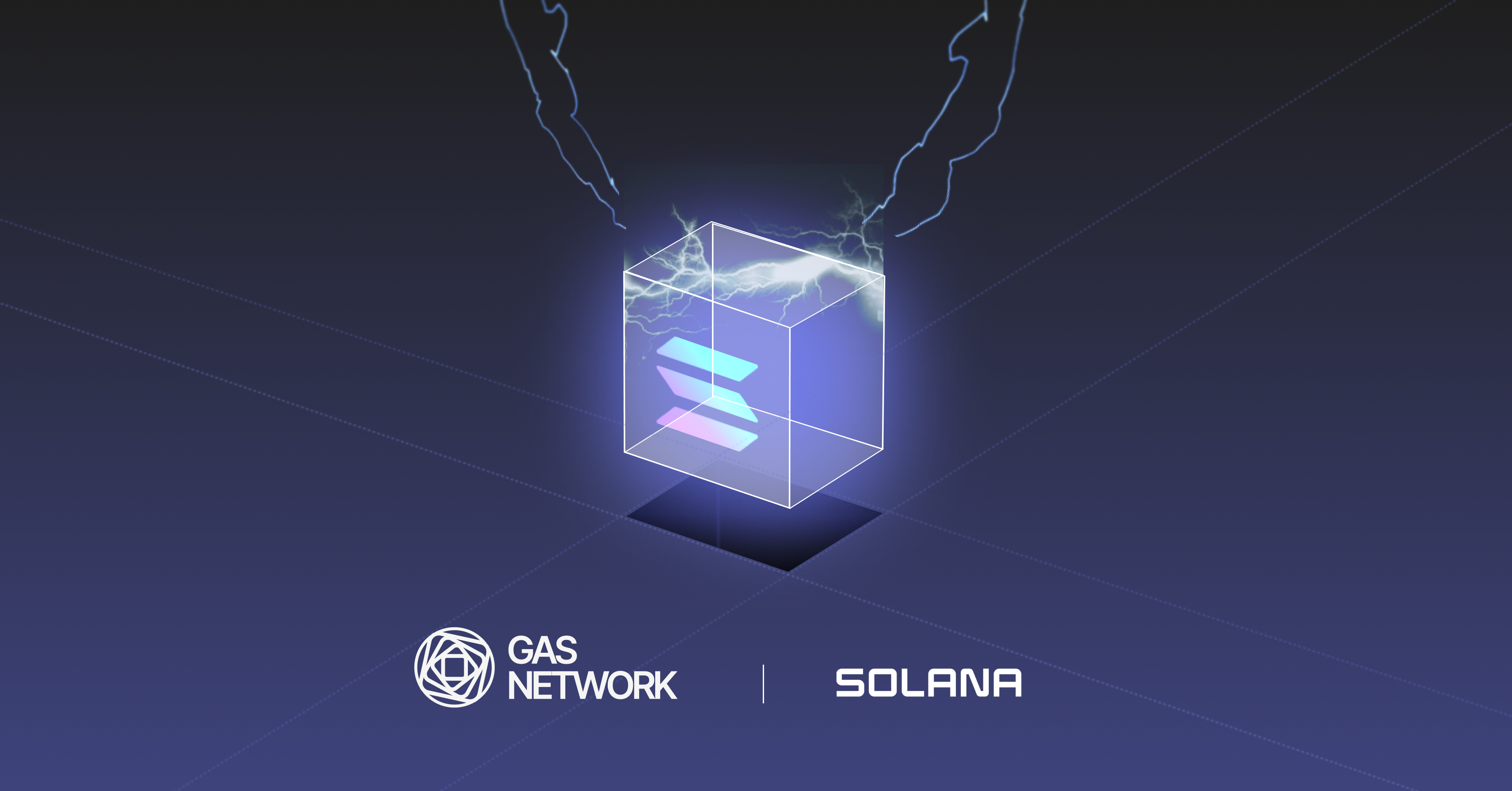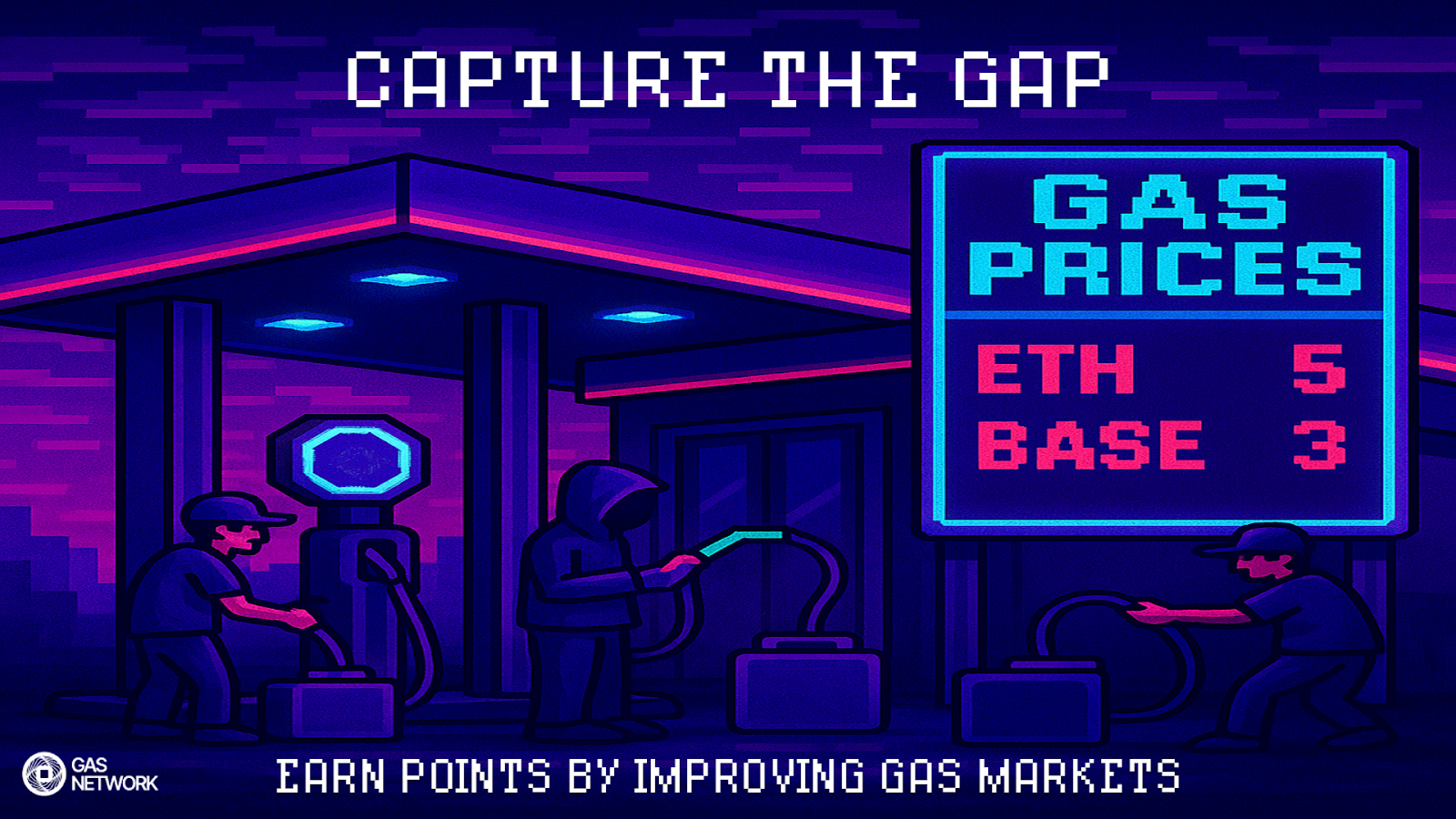Upgrades to a fee market can impact settlement on the underlying network or protocol. And fee markets can be changed via offchain social consensus rather than via explicit onchain code. This reliance on informal agreements creates unpredictable ‘hidden fee floors’ and challenges assumptions around programmatic sources of truth. This lack of a definitive onchain truth for how gas markets operate in the real-world hinders orderly network operation and creates information asymmetries related to settlement.
Gas Network recently encountered a ‘below-the-radar’ offchain upgrade on BNB Chain that led to unanticipated gas price inaccuracies. Read on to learn more about the root cause of this issue and how Gas Network is working to address this moving forward.
The BNB Gas Fee Mystery: A Striking Example
A recent incident involving BNB's gas price estimates serves as a prime case study. For years, BNB validators maintained an unofficial minimum gas price of 1.0 GWEI. This was an informal “handshake agreement" that was outside of any formal specification, documentation, or consensus mechanism. To help provide the BNB ecosystem with accurate pricing information, the Blocknative gas infrastructure manually enforced this minimum in its predictions.
However, this minimum abruptly dropped to 0.1 GWEI. This 90% change was announced via social media exclusively, rather than programmatically onchain. A BNB spokesperson clarified that this minimum gas price is a "market dynamic as chosen by validators," influenced by "calls from CZ" but ultimately each validator’s decision, and "not part of the consensus mechanism".
While we quickly updated our internal models to reflect this change, this reactive fix underscored yet another a weaker-than-desired link in how chains today manage upgrades to their gas markets.
Gas Market Changes: a Universal Challenge
This situation is by no means unique to BNB. Across the entire Web3 landscape, critical network parameters are often governed by social consensus rather than explicit onchain rules. For instance, Ethereum's gas limit, which directly impacts gas prices and network capacity, is heavily influenced by validator behavior. Validators discuss increasing the gas limit through community forums, social media, and private chat groups. For more on this topic, please see Pump the Gas and the corresponding #pumpthegas hashtag on X and GasLimit.pics dashboard.
This means changes or upgrades which directly impact fundamental network dynamics are not necessarily auditable – or even programmatically discoverable – onchain. Yes, the gas markets might have changed underneath you and today your protocol or application has no autonomous mechanism to be aware of and adapt to this change.
These issues can be particularly acute in networks with smaller validator sets where informal coordination is easier. Even in larger networks such as Ethereum, the concentration of influence within staking pools creates a virtually smaller, yet highly impactful, validator set. So their policies and offchain communications can disproportionately influence network parameters and even challenge true trustless decentralization.
The Path Forward: Onchain Transparency with RIGID
Ensuring that all gas market rules and parameters are available in a standard onchain format would be a positive step towards fulfilling the promise of robust, predictable, and decentralized blockchain networks. This is precisely the problem the proposed RIGID (Rollup Gas Interface Declaration) specification aims to solve. RID proposes an onchain, machine-readable standard for gas-market metadata. With RID:
-
Fee floors and other parameters would be published directly onchain, queryable by any smart contract.
-
Trackers and tooling could auto-adapt via a single, reliable onchain call, eliminating the requirement for constant human vigilance.
-
Discrepancies would be prevented by design, as changes would be transparent and immediately reflected onchain.
The Blocknative team is actively contributing to the RIGID specification. We encourage every chain, validator set, and tooling provider to review the current draft specification and provide their input.
The current reliance on offchain social consensus for critical blockchain parameters represents a fundamental vulnerability. We can do better. Gas markets will remain unpredictable and prone to these "unseen hands" of informal governance until their rules are discoverable by code rather than luck.
Gas Extension
Blocknative's proven & powerful Gas API is available in a browser extension to help you quickly and accurately price transactions on 20+ chains.
Download the Extension

